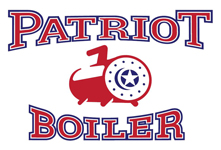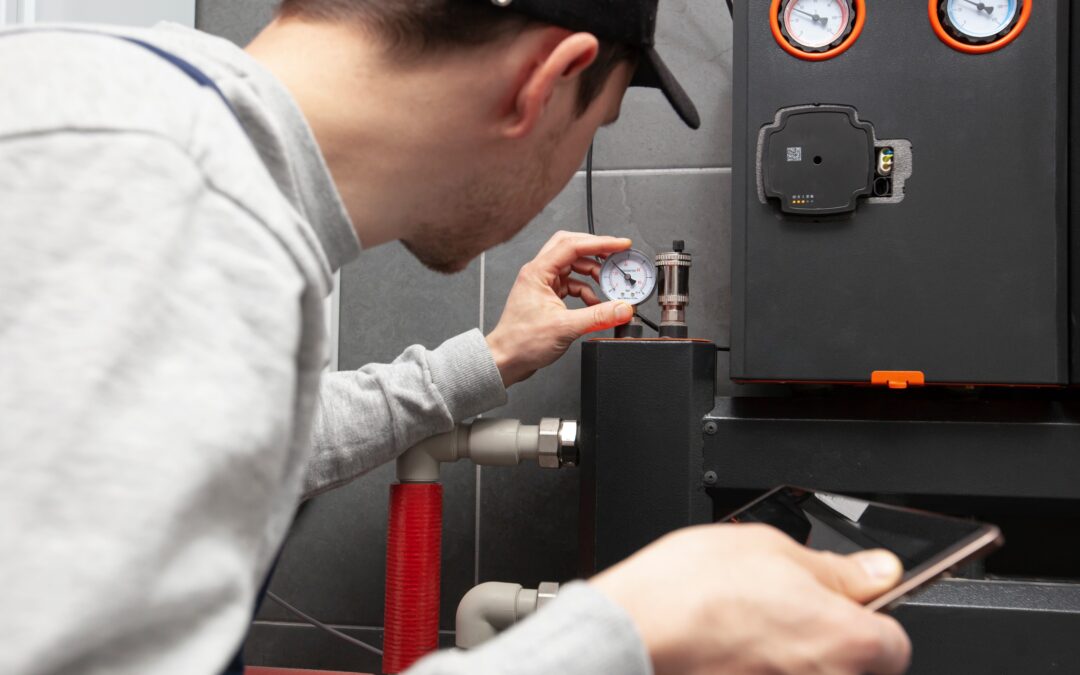Boilers are essential in various industries and facilities, providing heat, steam, and hot water for multiple processes and applications. Behind these complex machines’ operation is a skilled professional known as a boiler operator. In this article, we’ll explore the role of boiler operator, their responsibilities, required skills, and the importance of their work in maintaining efficient and safe boiler systems.
Understanding the Role of a Boiler Operator
A boiler operator is a highly trained and licensed professional responsible for operating, maintaining, and ensuring the safety of boilers in industrial, commercial, and institutional settings. Boiler operators must ensure these systems run smoothly and efficiently while adhering to safety regulations.
Responsibilities of a Boiler Operator
- Boiler Operation: A boiler operator’s primary responsibility is to operate and control the boiler system, maintaining a steady and safe supply of heat, steam, or hot water. They monitor parameters such as pressure, temperature, and fuel consumption to ensure the system functions optimally.
- Safety Protocols: Boiler operators must adhere to and enforce safety protocols. They perform routine inspections, conduct safety tests, and respond to emergencies to prevent accidents and ensure the well-being of all facility personnel.
- Maintenance and Repairs: Boiler operators perform routine maintenance tasks, including cleaning, lubricating, and replacing worn parts to prevent breakdowns. They may also conduct repairs or coordinate with maintenance personnel for more extensive work.
- Fuel Management: Boiler operators oversee the fuel supply and combustion process. They ensure the proper delivery of fuel, maintain combustion equipment, and optimize the combustion process for efficiency and emissions control.
- Record Keeping: Accurate record-keeping is a crucial aspect of the job. Boiler operators maintain logs of operations, maintenance, and safety checks, which are essential for regulatory compliance and troubleshooting.
- Troubleshooting: When issues arise, boiler operators are responsible for identifying problems, diagnosing the cause, and taking corrective actions. They may work with maintenance teams or engineers to resolve complex technical issues.
Skills and Qualifications
Becoming a Boiler operator typically requires specialized training and certification. Here are some essential skills and qualifications for the role:
- Licensing: Boiler operators are usually required to obtain a boiler operator’s license, which may involve passing an examination and meeting particular experience requirements.
- Technical Knowledge: A strong understanding of boiler systems, including their components, operation, and maintenance, is crucial. Knowledge of relevant regulations and safety standards is also essential.
- Problem-Solving: Boiler operators must be able to troubleshoot and resolve technical issues efficiently. They should also have a logical and systematic approach to problem-solving.
- Attention to Detail: Precision is vital when monitoring various parameters and maintaining records. Boiler operators must pay close attention to details to ensure safety and efficiency.
- Communication Skills: Effective communication is vital for interacting with other personnel, reporting issues, and coordinating maintenance and repairs.

The Importance of Boiler Operators
Boiler operators play a critical role in manufacturing, power generation, and healthcare industries. Their expertise ensures the continuous operation of essential systems that provide heat and energy for various processes. Moreover, their commitment to safety and adherence to regulations help prevent accidents and environmental hazards, making them invaluable contributors to a facility’s productivity and reputation.
Boiler operators are skilled professionals responsible for boiler systems’ safe and efficient operation. Their work is essential to various industries, ensuring processes run smoothly, reliably, and without compromising safety. With the proper training, certification, and dedication, boiler operators contribute significantly to the functionality and success of the facilities they serve.


Recent Comments